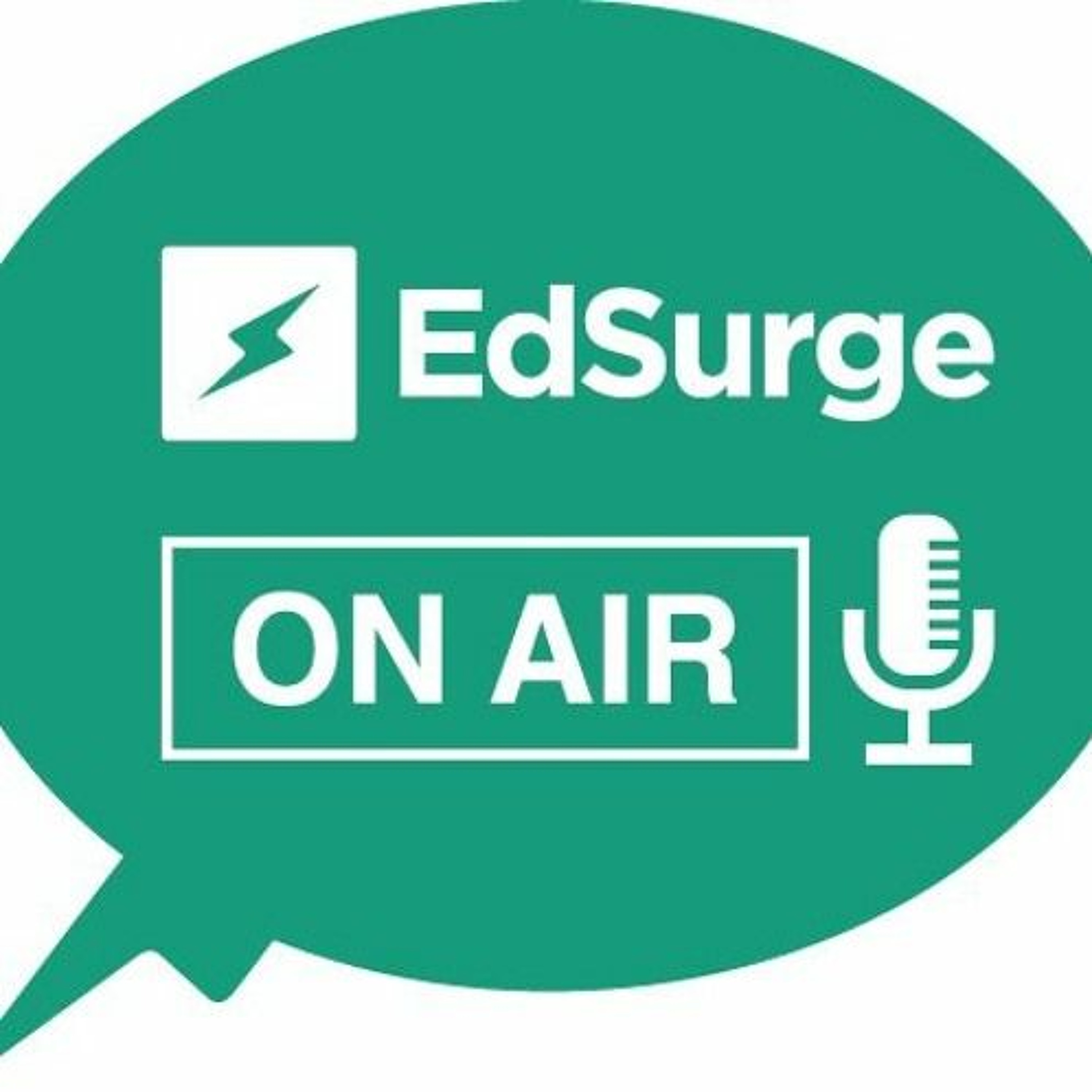
Why One Professor Says We Are ‘Automating Inequality’
EdSurge Podcast
Shownotes Transcript
Often the algorithms that shape our lives feel invisible, but every now and then you really notice them.
Your credit card might get declined when you’re on vacation because a system decides the behavior seems suspicious. You might buy a quirky gift for your cousin, and then have ads for that product pop up everywhere you go online. In education, schools and colleges even use big data to nudge students to stay on track.
As we create this data layer around us, there’s more and more chance for systems to misfire, or to be set up in a way that consistently disadvantages one group over another.
That potential for systemic unfairness is the concern of this week’s podcast guest, Virginia Eubanks. She’s an associate professor of political science at SUNY Albany and a longtime advocate for underprivileged communities as well as an expert on tech. She’s the author of Automating Inequality: How High-Tech Tools Profile, Police, and Punish the Poor, which The New York Times called “riveting” and noted that that’s an unusual accomplishment for a book about policy and tech.
EdSurge connected with Eubanks this month to ask her about her explorations of technology’s unintended consequences, and about what people in education should consider as they leverage big data systems.